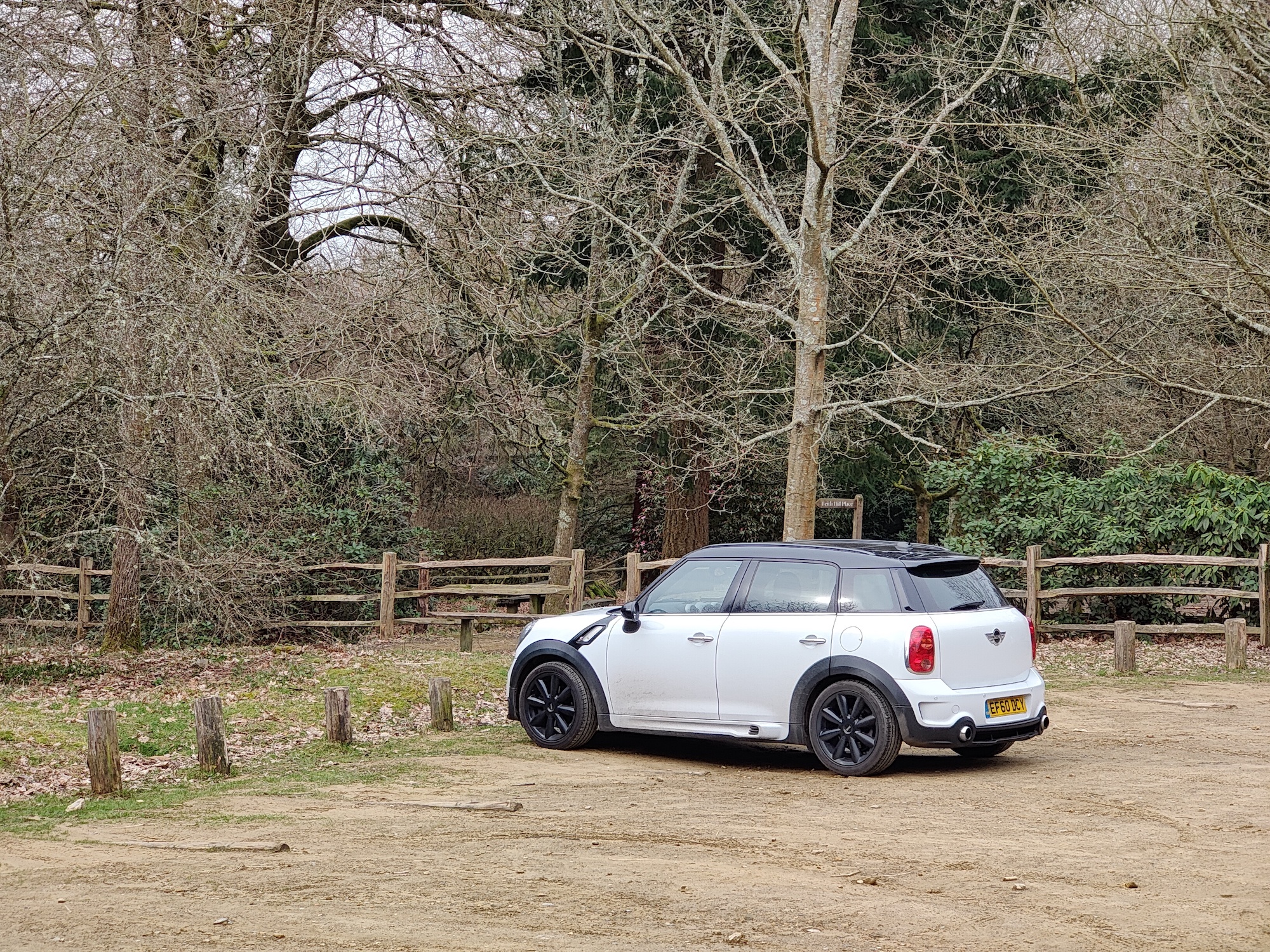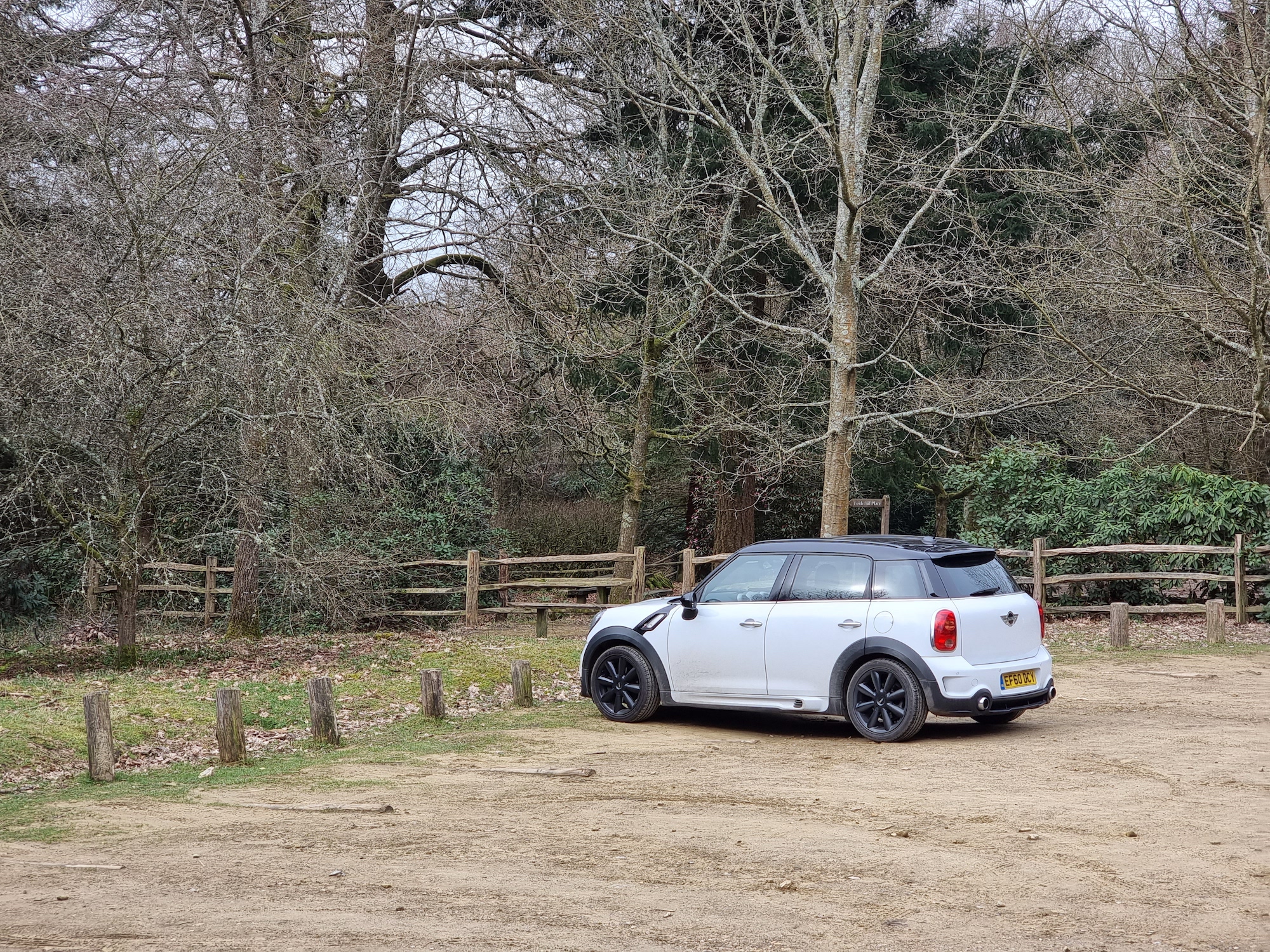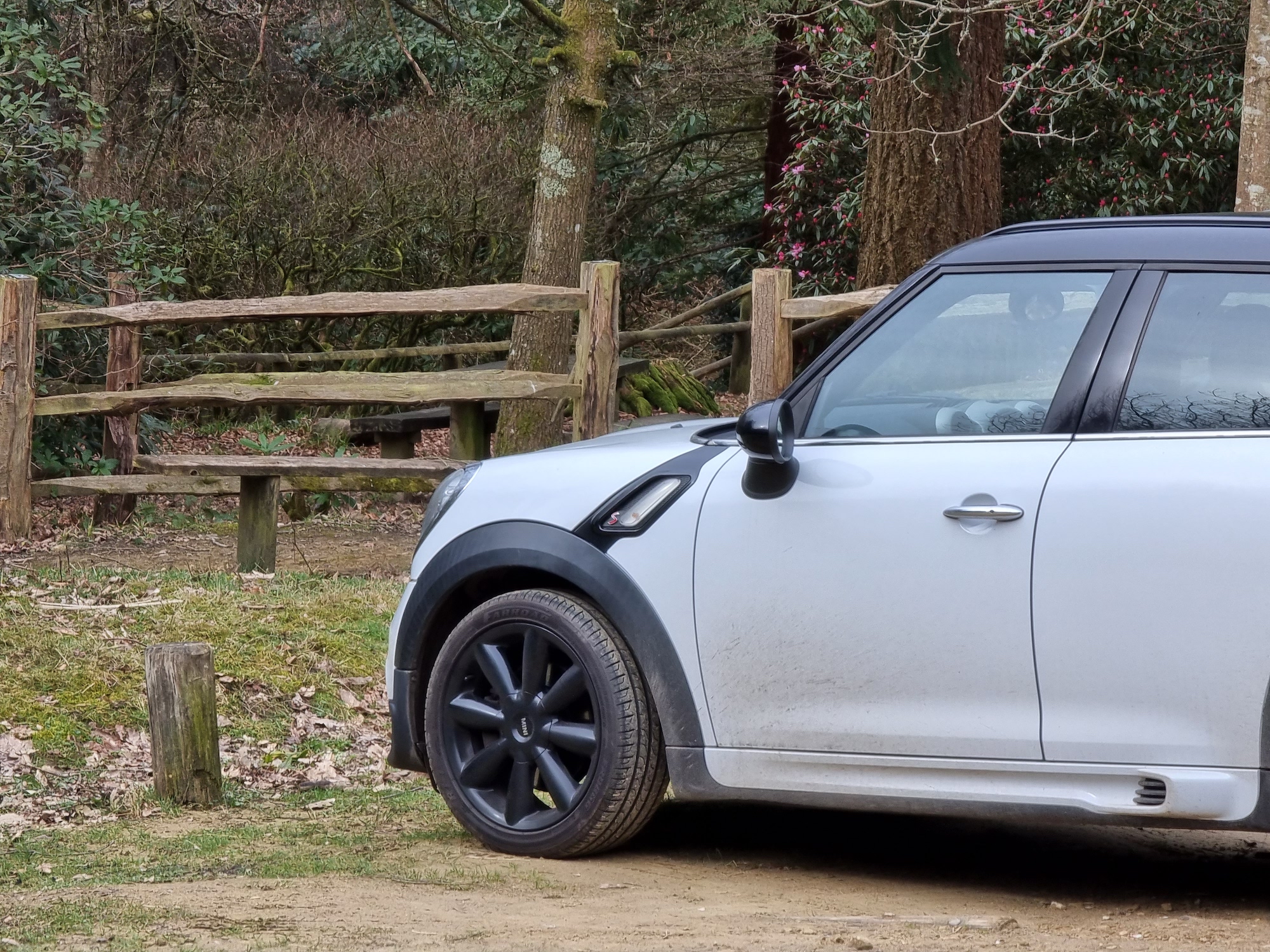The new OnePlus 9 Pro faces considerable competition from Samsung, and the Galaxy S21 Ultra. Actually, scratch that, every phone released in 2021 faces substantial competition from the Galaxy S21 Ultra. It remains the best Android phone we’ve used since it was announced, and some great deals mean it’s available for less than you may expect, too. Simply, before you buy any phone this year, you need to look very seriously at the S21 Ultra.
We’ve reviewed both phones individually already, but now we’re going to look at how the two compare in regular, everyday life. I’ve used the Galaxy S21 Ultra for weeks already this year, and have spent two weeks with the OnePlus 9 Pro. This is what they’re like.
Design
Unsurprisingly, the OnePlus 9 Pro is smaller and lighter than the Galaxy S21 Ultra. The weight difference is the most noticeable, with the 197-gram OnePlus 9 Pro coming in at a considerable 30 grams less than the hefty 227-gram S21 Ultra. It’s narrower, and a little shorter and thinner too. All this adds up to it being far more pocketable and manageable to use, especially with one hand. It’s not more comfortable to hold though, with both being similarly curvy down the sides, and pleasant to grip.

The extra weight makes the Galaxy S21 Ultra tiring after a while, particularly when it’s held in portrait orientation, but there’s no such fatigue with the OnePlus 9 Pro. It’s still not for those who want a small phone, but it’s not as ridiculously oversize as the S21 Ultra, and therefore the better choice between the two if you’re concerned about manageability.
OnePlus’ shift away from the matte finish on the 8 Pro to a glossy, mirror finish on the 9 Pro makes it stand out a lot alongside the matte black finish on the S21 Ultra. I think the S21 Ultra looks fantastic in black, and the design itself is a winner. It’s modern, classy, and eye-catching, while the OnePlus 9 Pro looks rather generic alongside it. The version here is in the Morning Mist color, and although the glossy back doesn’t attract as many fingerprints as you may expect, it gets muckier than the S21 Ultra.
When you look at the two side by side, the Galaxy S21 Ultra looks like a smartphone from 2021, while the OnePlus 9 Pro appears to be stuck in 2020. It’s personal preference, but to my eyes, the Galaxy S21 Ultra is the better-looking phone, and I’ll deal with the size because of its incredible performance and feature list.
Camera
A lot has been written about the brilliance of the S21 Ultra’s camera already, from the zoom to the macro, and it’s without a doubt the best, most versatile camera on a Samsung phone yet. Whether you’re using the 10x optical zoom, shooting 8K video, or playing with the unusual and fun Single Take mode, the S21 Ultra’s camera will not only keep you entertained, but it’ll always impress you with the results.

In the past OnePlus has struggled to keep up with the competition when it comes to cameras, delivering decent but never outstanding photos, hence the new three-year deal with Hasselblad. On the OnePlus 9 Pro, Hasselblad’s involvement doesn’t extend beyond the software, and it’s all in pursuit of producing the most natural colors possible. It succeeds in doing so, but natural colors are not the goal of the Samsung camera at all.
Camera buffs will get excited about natural colors and probably prefer the OnePlus 9 Pro’s pictures, while people who want to share photos online will see the S21 Ultra’s efforts and know it’s the camera for them. Look closely and they aren’t drastically dissimilar though, as Samsung has reigned in the saturation for the S21 Ultra, so colors are not as vivid as those produced by the S20 Ultra, for example.
The Galaxy S21 Ultra wins over the OnePlus 9 Pro through its software and artificial intelligence (A.I.), with better focusing, improved edge recognition in portrait mode, and better low-light shots as well. The large sensor gives photos taken at 5x zoom a wonderful natural bokeh, which the OnePlus 9 Pro cannot replicate, and in fact, often refuses to focus when close up to a subject. I repeated several of the photos of flowers here, as the OnePlus had focused on the background instead. It’s just one example of how the S21 Ultra is more user-friendly. The fact it goes on to take eye-popping photos seals the deal for me.
It seems almost unfair to put the OnePlus 9 Pro’s camera against the S21 Ultra. Not for reasons of quality, but for versatility, software prowess, and breadth of useful features. If a great camera is at the top of your smartphone shopping list, the Galaxy S21 Ultra is really the way to go.
Screen
On paper, the two phones are very closely matched. The OnePlus has a 6.7-inch AMOLED with a 120Hz refresh rate and a 1440 x 3216-pixel resolution, while the S21 Ultra has a 6.8-inch AMOLED with a 120Hz refresh rate and a 1440 x 3200-pixel resolution. The Samsung screen is covered in Gorilla Glass Victus, while the OnePlus has Gorilla Glass 5. A recent software update has equipped the OnePlus phone with an excellent always-on display too.

There’s little to separate the two when watching video, with the S21 Ultra having a little more brightness, and amplifying some colors more than the OnePlus 9 Pro, but both provide a fantastic viewing experience at a very high resolution.
The in-display fingerprint sensor on the S21 Ultra is much better than the previous generation examples, and is fast and reliable, as is the one fitted to the OnePlus 9 Pro. However, it’s set very low on the screen, and the S21 Ultra’s is about half-an-inch higher on the display, making it easier and more natural to locate and use.
Performance and features
The OnePlus 9 Pro and S21 Ultra each use a Snapdragon 888 processor (unless you’re in the U.K., where the S21 Ultra has a Samsung Exynos 2100 processor) but the Samsung phone comes with either 12GB or 16GB of RAM, while the OnePlus 9 Pro has 8GB or 12GB. I played some Genshin Impact on both, and neither had any issues handling this power-hungry title, although the OnePlus 9 Pro’s smaller and lighter frame may be an advantage during extended gameplay sessions.
It’s swings and roundabouts on the battery. OnePlus’ Warp Charge 65T proprietary fast-charging system zaps the 9 Pro’s flat battery to 100% in just 30 minutes, while the Samsung’s 25W fast charging plods to 100% in about 70 minutes. The OnePlus 9 Pro has faster wireless charging too, provided you buy OnePlus’ special wireless charger. However, the 5,000mAh cell in the S21 Ultra will last for two days, and even with moderate use the 9 Pro’s 4,500mAh cell only lasts a single day. Which one is better for you will depend on your priorities and use.

Other things to note? While both have 5G connections and IP68 water and dust resistance, neither have a microSD card slot, and from here Samsung does pack in a few additional features compared to the OnePlus 9 Pro. There’s S Pen stylus support, if that’s your thing, and Samsung’s DeX wireless desktop experience (which incidentally, works very well), for example. Neither is essential, or for everyone, but when we keep our phones for years before replacing them, having the flexibility to grow with your needs is a distinct benefit.
Both phones have Android 11, with Samsung using its OneUI 3.1 user interface, and OnePlus its OxygenOS interface. OneUI is far better than it used to be, with a clear and logical layout, very fast performance, lots of features, and a pretty design. However, OxygenOS is slightly easier to use, is equally if not more speedy, and has just the right amount of extra features. Neither causes any problems, but I’d probably choose OxygenOS over OneUI simply for smoothness, and how close it remains to Android on a Pixel phone.
Price
The OnePlus 9 Pro is the cheaper of the two phones, based on normal retail prices. It costs $970 for the 8GB/128GB model, or $1,070 for the 12GB/256GB version. At full price, the Galaxy S21 Ultra is more, at $1,200 for the 12GB/128GB version, or $1,249 for the 256GB model. However, it has barely been available at full price since launch, and at the time of writing can be found for the same, or even less, than the OnePlus 9 Pro. This makes the S21 Ultra extremely compelling.
Which one should you buy?
If you can find the Galaxy S21 Ultra at, or very close to, the price of the OnePlus 9 Pro you should grab it with both hands. This is excellent value for a phone that will last you for years. If price isn’t a concern, again, the Galaxy S21 Ultra is the phone to buy. This isn’t to say the OnePlus 9 Pro would be a poor choice, it’s still a really great smartphone, but the Galaxy S21 Ultra is just that good.
However, if the deals have expired and you don’t want to crack the $1,000 barrier, the OnePlus 9 Pro with 8GB of RAM and 128GB of storage space is a good alternative to opting instead for the Galaxy S21+, due to the higher resolution screen, fast charging, and capable camera.
















